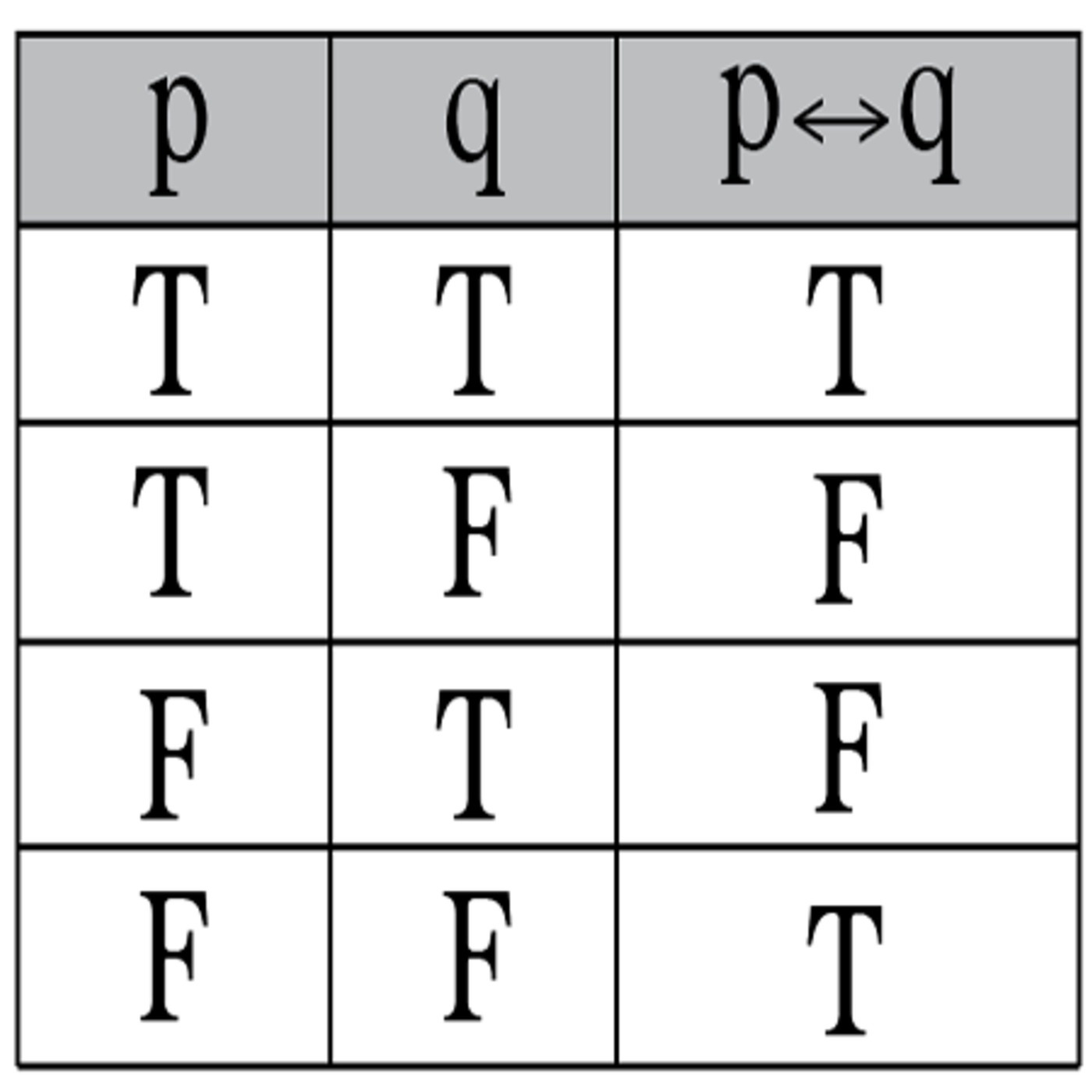
January 7th, 2019 • 1 hr 6 mins • Download (91.2 MB) • Link with Timestamp
The apeiron is central to the cosmological theory created by Anaximander, a 6th-century BC pre-Socratic Greek philosopher whose work is mostly lost. From the few existing fragments, we learn that he believed the beginning or ultimate reality (arche) is eternal and infinite, or boundless (apeiron), subject to neither old age nor decay, which perpetually yields fresh materials from which everything we can perceive is derived.[4] Apeiron generated the opposites (hot–cold, wet–dry, etc.) which acted on the creation of the world (cf. Heraclitus). Everything is generated from apeiron and then it is destroyed by going back to apeiron, according to necessity.[5] He believed that infinite worlds are generated from apeiron and then they are destroyed there again.[6]
His ideas were influenced by the Greek mythical tradition and by his teacher Thales (7th to 6th century BC). Searching for some universal principle, Anaximander retained the traditional religious assumption that there was a cosmic order and tried to explain it rationally, using the old mythical language which ascribed divine control on various spheres of reality. This language was more suitable for a society which could see gods everywhere; therefore the first glimmerings of laws of nature were themselves derived from divine laws.[7] The Greeks believed that the universal principles could also be applied to human societies. The word nomos (law) may originally have meant natural law and used later to mean man-made law.[8]
Greek philosophy entered a high level of abstraction. It adopted apeiron as the origin of all things, because it is completely indefinite. This is a further transition from the previous existing mythical way of thought to the newer rational way of thought which is the main characteristic of the archaic period (8th to 6th century BC). This shift in thought is correlated with the new political conditions in the Greek city states during the 6th century BC.[9]